 |
| June 01, 2020 |
Dear Reader,
Here's the latest science news to start your week: SpaceX 's first Crew Dragon spaceship to carry astronauts slid into a dock at the International Space Station on Sunday, concluding a historic 19-hour voyage to for its veteran NASA crew. Next up, new statistical methods and excavation work on Easter Island suggest that the arrival of Europeans contributed to the island's societal collapse. Then, read about how Americans' trust in medical scientists has grown since the start of the coronavirus outbreak. But there are growing divisions between Republicans and Democrats in the confidence they have in medical scientists. And, from our main story, find out how experts in health policy are contending with repercussions of President Trump "terminating" the U.S. relationship with the World Health Organization. Also, this weekend, anti-police brutality protests continued across the U.S. and in cities around the world in solidarity with George Floyd. A story from 2019 that's featured below examines the data on how racial biases play into deadly encounters with the police. |
| | Sunya Bhutta, Senior Editor, Audience Engagement
@sunyaaa | |
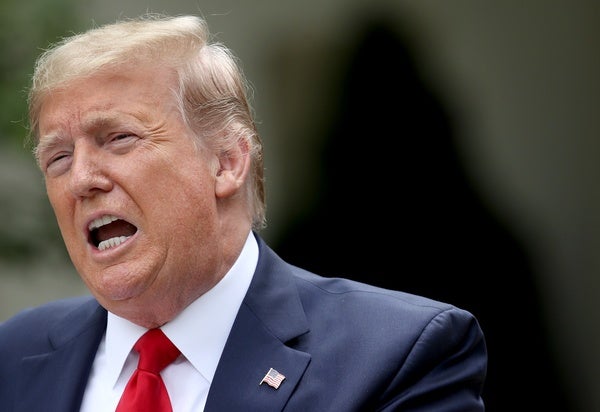 |
| |
| |
| |
| |
| |
| |
| |
| |
| Behavior & Society Your Brain, Free Will and the Law Stanford University neuroscientist Robert Sapolsky talks about human behavior, the penal system and the question of free will. |  | By Robert M. Sapolsky,Steve Mirsky | 42:06 | | | |
| |
| |
| |
| |
FROM THE STORE
 | | | |
| |
FROM THE ARCHIVE
 | | What the Data Say about Police Shootings How do racial biases play into deadly encounters with the police? Researchers wrestle with incomplete data to reach answers By Lynne Peeples,Nature magazine | September 2019 | | |
| QUOTE OF THE DAY
 "What you should see when you see black protesters in the age of Trump and coronavirus is people pushed to the edge, not because they want bars and nail salons open, but because they want to live. To breathe." Kareem Abdul-Jabbar, author and former NBA player | |
LATEST ISSUES
 |
| |
| Questions? Comments?  | |
| Download the Scientific American App |
| |
| |





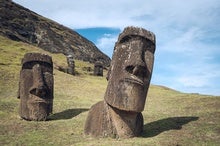
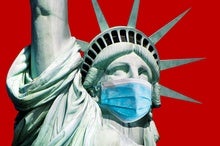

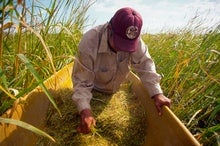

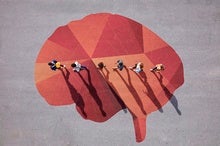
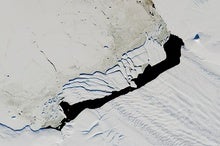
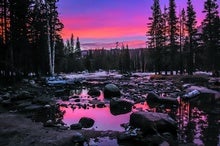

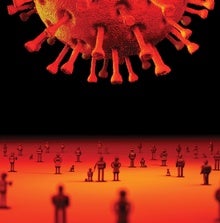
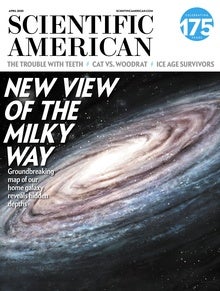

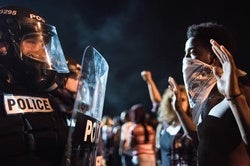
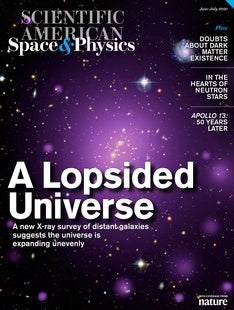

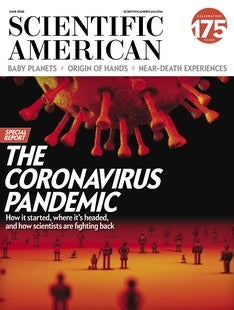
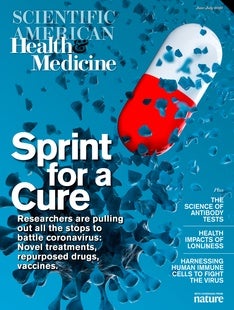
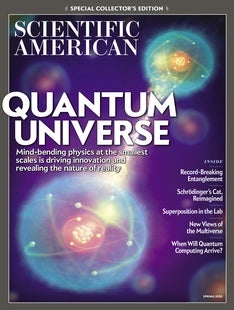



Comments
Post a Comment